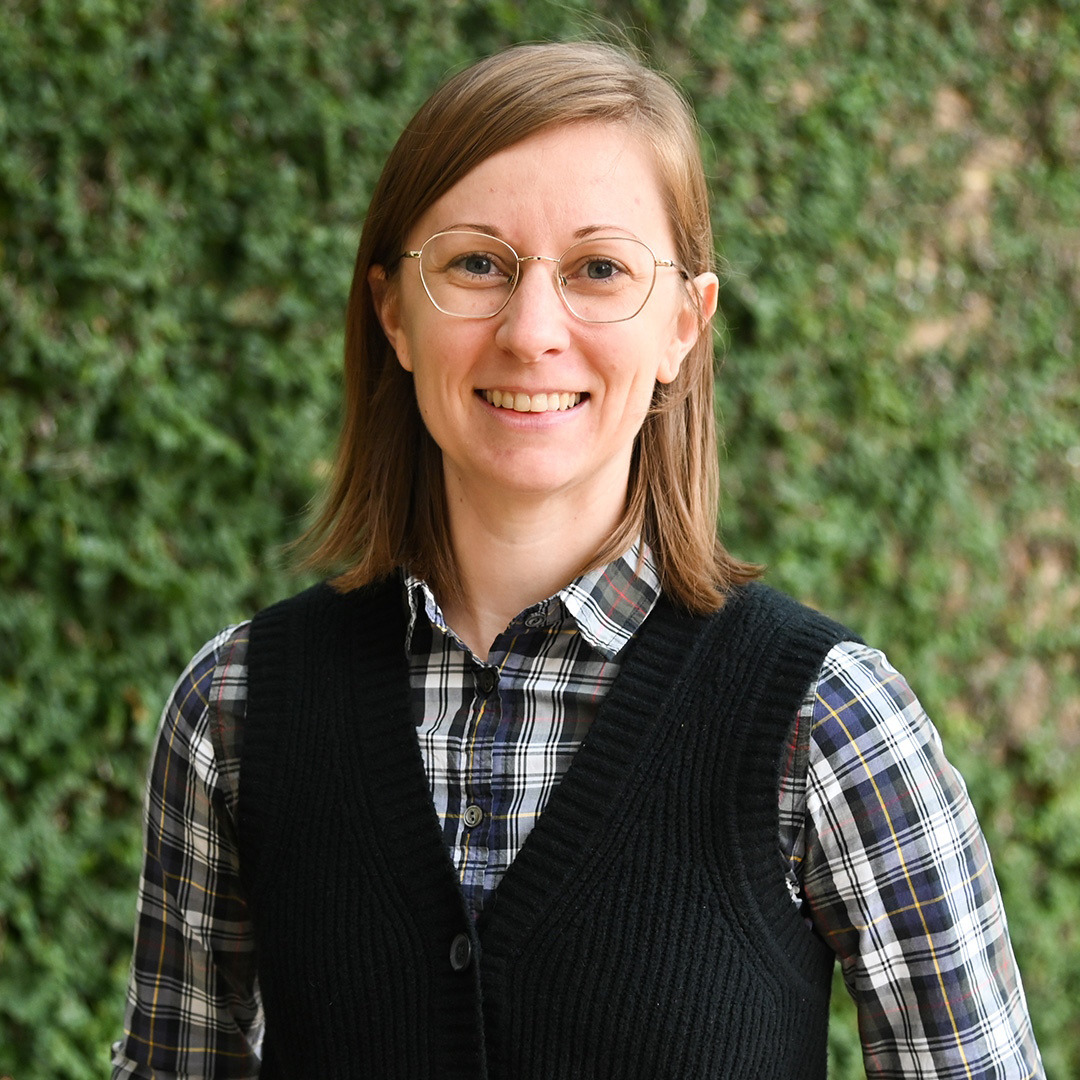April 24, 2024 | Erin Bluvas, bluvase@sc.edu
Devin Bowes’ expertise lies at the intersection of human and environmental health. The assistant professor of environmental health sciences first became interested in the field when she was studying nutrition and dietetics at West Chester University of Pennsylvania.
“I discovered my passion for these areas during my undergraduate studies when I first started to learn about community nutrition and food insecurity,” Bowes says. “I grew very fascinated with how our overall health and well-being is, in part, a function of our surrounding environment, and how these circumstances disproportionately impact certain populations.”

During her doctoral program at Arizona State University, she expanded on these interests as a graduate research assistant with the Biodesign Centers for Environmental Health Engineering and Health Through Microbiomes. These experiences, coupled with her coursework in biological design, led Bowes to develop expertise in leveraging community wastewater to understand human behavior, exposures, activity and overall health at the population level.
This emerging, interdisciplinary field – which became more widely known during the COVID-19 pandemic due to its usefulness in monitoring local virus levels and outbreaks of SARS-CoV-2 – is known as wastewater-based epidemiology. It involves the analysis of various chemical (e.g., pesticides, drugs) and biological (e.g., infectious diseases) agents in community wastewater to assess trends in near real-time.
Bowes’ work uses the methodologies offered by wastewater-based epidemiology while adopting an environmental justice and health equity lens. She was inspired to incorporate these perspectives into her work when conducting research as a graduate student.
“The COVID-19 pandemic highlighted clear vulnerabilities within our public health infrastructure that exacerbated health disparities,” Bowes says. “In a year-long, neighborhood-level study using wastewater-based epidemiology to monitor trends of SARS-CoV-2 across a city, we learned that wastewater not only served as an early warning indicator of disease presence, but it could also identify hotspots of infection in areas where clinical surveillance could not reach, yet, infection rates were extremely high.”
After her 2022 graduation, Bowes continued her research at the Biodesign Institute as a postdoctoral research scholar. She gained another year of training as a postdoctoral associate at Boston University’s Center on Forced Displaced, where she focused on using wastewater-based epidemiology in migrant populations, before accepting her first tenure-track appointment at the Arnold School.
She was drawn to the school’s international reputation for academic scholarship and the welcoming environment. Another important factor was the opportunity to join the inaugural cohort of the FIRST FIRRE Program, which included three other faculty members from the Arnold School and the College of Nursing, whose research areas focus on health equity.
“Devin’s unique area of focus on wastewater biosurveillence enables her to expand our knowledge of food insecurity at a population level, as she has developed unique nutritional biomarkers that enable the assessment of the effectiveness of community outreach on health and nutrition in disadvantaged communities often located in food deserts,” says Geoff Scott, chair of the Department of Environmental Health Sciences. “This greatly supports our research efforts on Environmental Justice Strong-related community engagement, which is a hallmark of research focus in our department.”
“The overall culture and humble nature felt very supportive, with a tangible collective investment in the growth and success of the school, including a commitment to honoring diversity, equity and inclusion,” says Bowes “Students are actively engaged in the community and demonstrate remarkable potential for success and continued global impact in their future endeavors.”